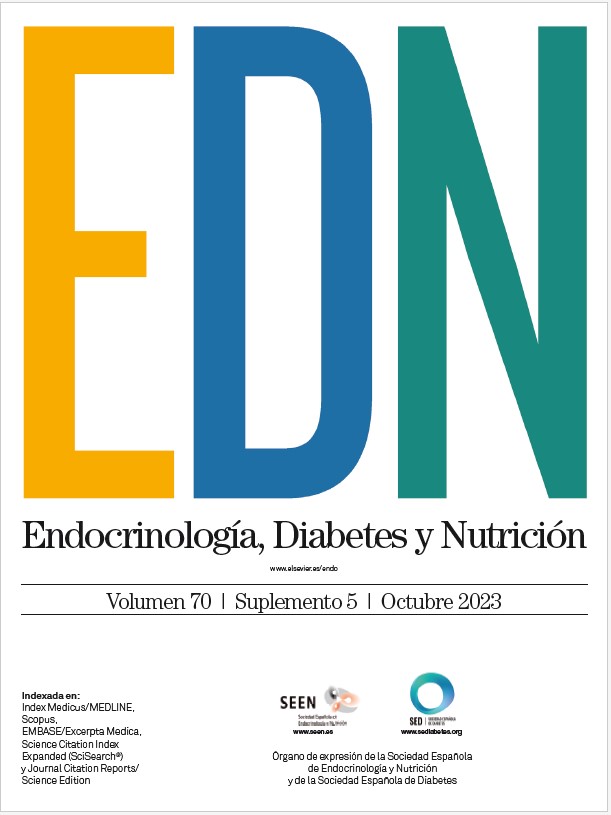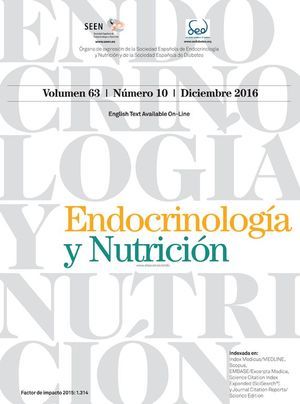5 - HEPATIC SECRETOME AT THE INTERFACE BETWEEN NUTRITION, METABOLISM, AND AGING
1Laboratory of Cellular and Molecular Gerontology, Institute IMDEA Food, Madrid. 2Experimental Gerontology Section, Translational Gerontology Branch, National Institute on Aging, Baltimore, USA. 3Nutritional Interventions Group, Institute IMDEA Food, Madrid.
Introduction: Fasting-based therapies hold promise to delay the pace of aging and to combat metabolic diseases. The identification of fasting-mimetics with the capacity to resemble metabolic benefits of fasting represents a central goal of this work.
Methods: We have implemented 5 months of 4:10 feeding cycles in 12-months old mice. Each 4:10 cycle consisted in 4 days of very low-calorie intake (VLCI) followed by 10 days of ad libitum regime. Hepatic RNA-seq was performed to analyze the plasticity of the liver secretome. The relevance of selected genes in metabolism and aging was evaluated by their association with mouse physiological data and with longevity data of 26 species with different maximum lifespan, respectively.
Results: VLCI feeding cycles were effective at reducing body weight and fat-mass. VLCI intervention also enhanced physical performance and glucoregulatory capacity, as shown by reduced levels of fasting glucose, insulin, and leptin. Hepatic RNA-seq identified a total of 1,607 genes of the secretome. PCA analysis strongly separated the molecular profile of the secretome between VLCI-fed mice vs. AL-fed controls. Volcano-plot and Variable Importance in Projection (VIP score) analysis identified a molecular signature of 191 differentially expressed genes of the secretome [FC > 1.2, p < 0.05] induced by VLCI with the top 15-genes with higher prevalent contribution, respectively. Selected candidates strongly correlated with well-known biomarkers of organismal bioenergetic status, and with inter-species differences in longevity.
Conclusions: This study supports the use of fasting-based strategies for the enhancement of overall physiological health and uncovers the existence of novel key players in the systemic control of metabolism and/or aging.
Funding: Talento Grant (2018-T1/BMD-11966) | Ramon y Cajal Program (RYC2021-033751-I) | RETOS Program (PID2019-106893RA-I00) | AECC (IDEAS222846DIAZ) | Ramón Areces Foundation | Margarita Salas (2022/UCO146/039655).







